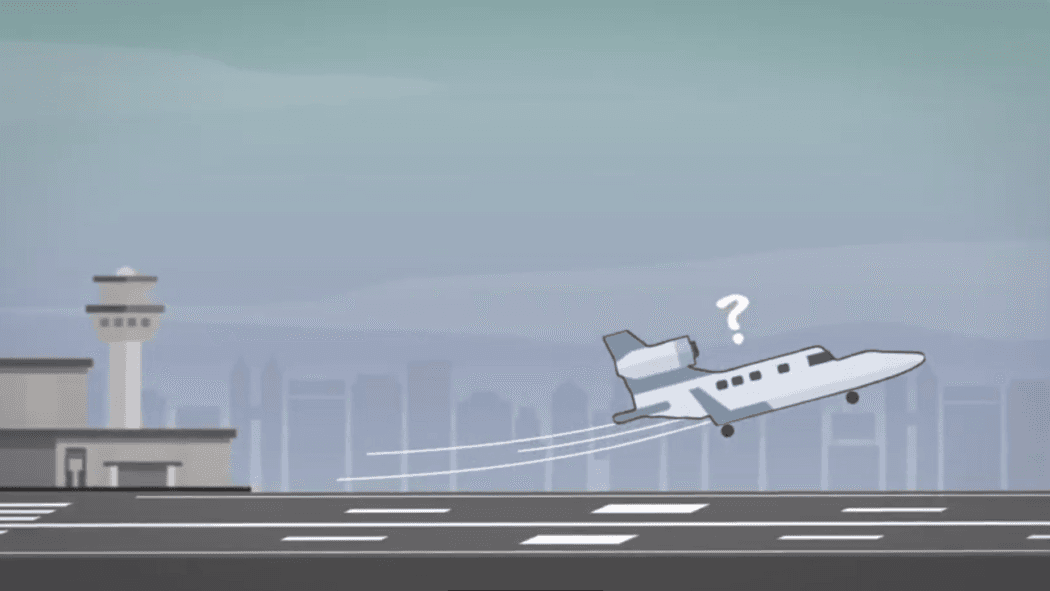Poder sin control / Private Flights
Private Flights
Investigate Europe looks at how a foreseen loophole in the collection of passenger flight details -exempting private jets – could facilitate criminal activity. We investigate how lobbying by companies providing private jets, as well as tourist flights, succeeded in preventing their passengers’ data being subject to the same regulations as passengers on other flights.
Julio 2018

Investigate Europe looks at how a foreseen loophole in the collection of passenger flight details -exempting private jets – could facilitate criminal activity. We investigate how lobbying by companies providing private jets, as well as tourist flights, succeeded in preventing their passengers’ data being subject to the same regulations as passengers on other flights.
Experts from different countries sound the alarm on the growing market of “fly fast” flights, which can be used for drugs, human trafficking and terrorist movement towards and inside Europe.
In April 2016, the European Parliament adopted the directive “on the use of passenger name record (PNR) data for the prevention, detection, investigation and prosecution of terrorist offences and serious crime”.
Several MEPs felt the Commission’s text lacked an important source of data: private jets, charter flights and all the information coming from those who don’t use “air carriers” to travel to Europe.
One of the amendments that failed to pass stated that: “‘international flight’ means any scheduled or non-scheduled flight by an air carrier planned to land on the territory of a Member State originating in a third country or to depart from the territory of a Member State with a final destination in a third country, including chartered flights, private planes, privately freighted flights, as well as any transit flights where passengers disembark.”
The directive is now in force and European countries should be collecting PNR data. But an important part of air traffic information is out of reach for the EU: one that rich, criminal networks can afford and may be using without being recorded. Investigate Europe looks at how this foreseen “loophole” works for small airports and private or chartered planes.
Publicaciones

Κομισιόν και κυβερνήσεις άφησαν έξω από το δίχτυ του PNR τα ιδιωτικά τζετ
EfSyn, Greece
27 agosto 2018

PNR: εκατομμύρια «αθώοι» πολίτες επισήμως φακελωμένοι από τη νέα ΕΥΠ
EfSyn, Greece
26 agosto 2018

The hole in the net of European security
EfSyn, Greece
26 agosto 2018

Passe-droits et laxisme : bienvenue dans l'univers doré de l'aviation d'affaires
Le JDD, France
17 agosto 2018

Politiet vil huske deg når du flyr utenlands
Stavanger Aftenblad, Norway
6 agosto 2018

Otwarte niebo dla przemytników i terrorystów. Wystarczy wynająć prywatny samolot i można przewieźć, co się chce i dokąd się chce
Gazeta Wyborcza, Poland
4 agosto 2018

DE SLIPPER UNNA EUS OVERVÅKING
Klassekampen, Norway
31 julio 2018

Private jets – the Achilles heel of EU air traffic security
EUobserver, Belgium
27 julio 2018

Exempt from security checks: the discreet charm of the private jet
Knack, Belgium
26 julio 2018

I traffici illegali su voli privati
Corriere della Sera, Italy
23 julio 2018

Regierungserklärung des Innenministers: Seehofer kündigt "Masterplan für Abschiebungen" an
Der Tagesspiegel, Germany
23 julio 2018

Crimes em jatos privados: um "alçapão" na lei das fronteiras
Diário de Notícias, Portugal
15 julio 2018
